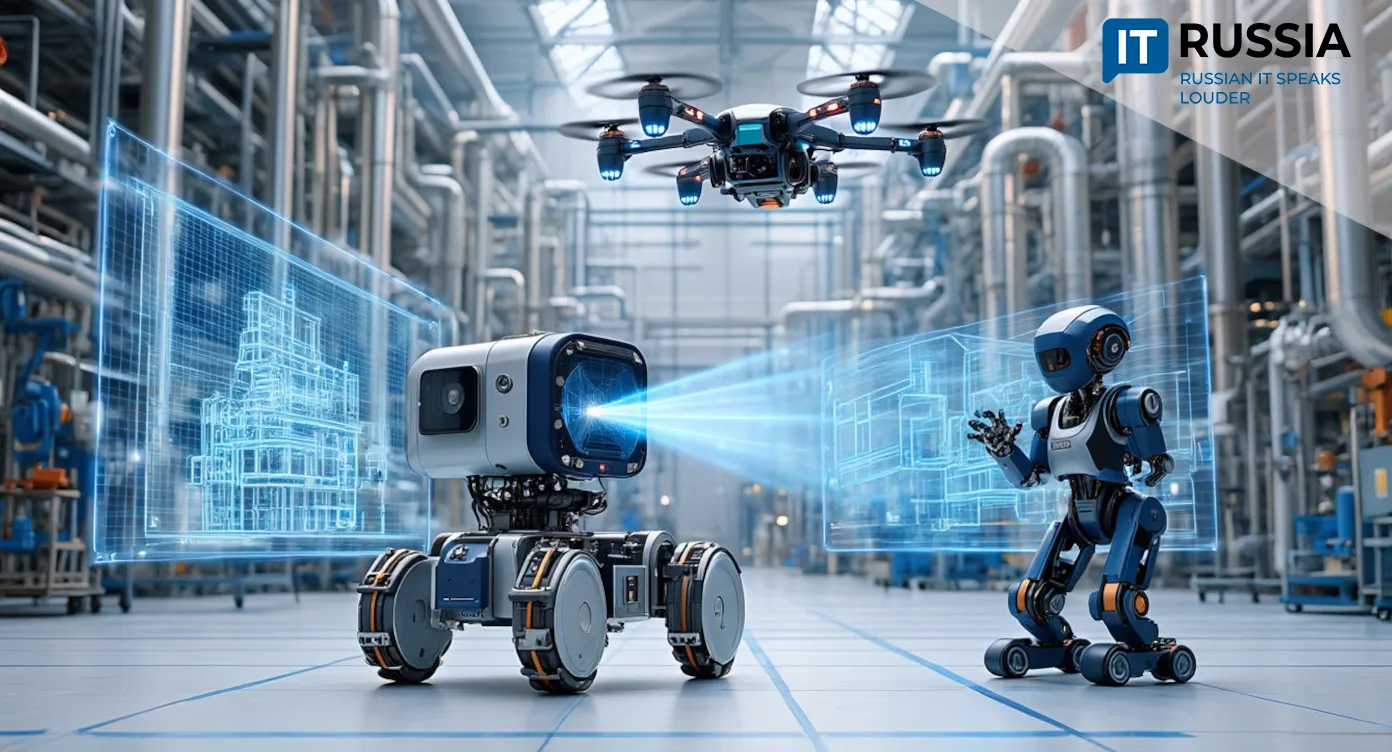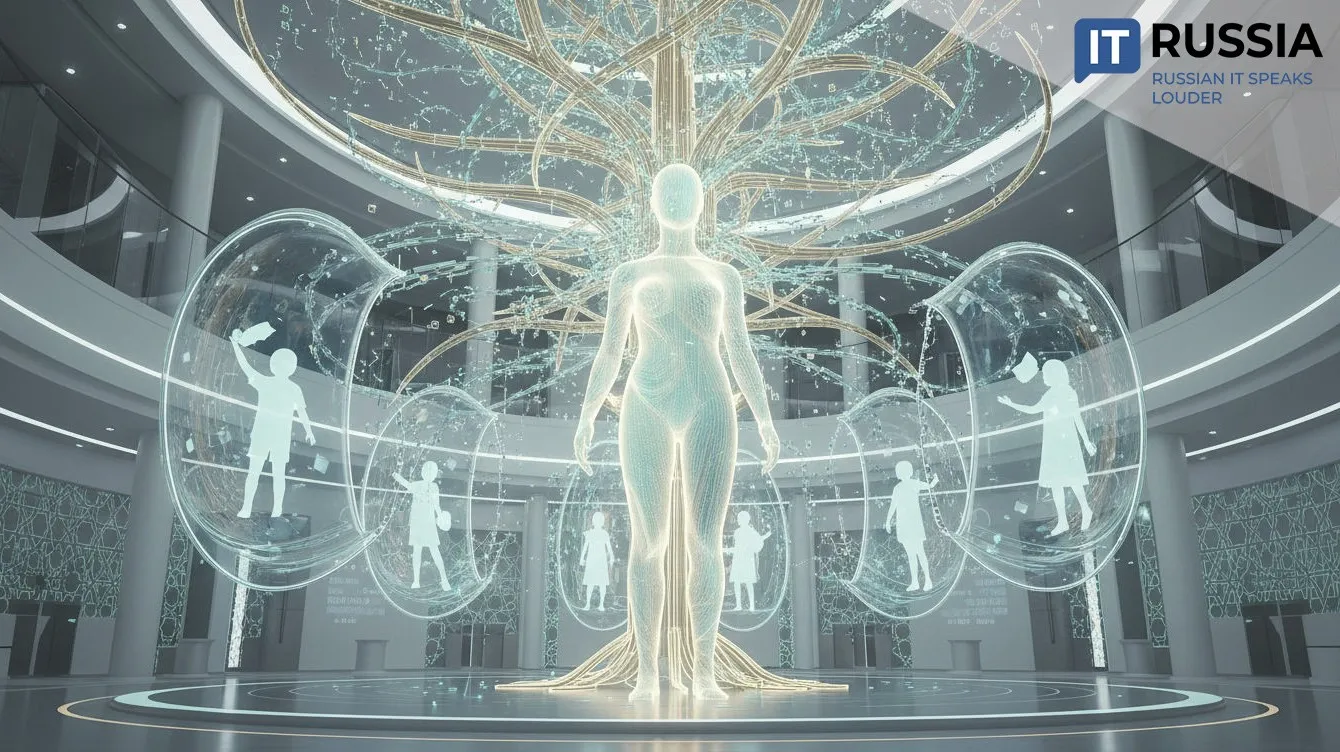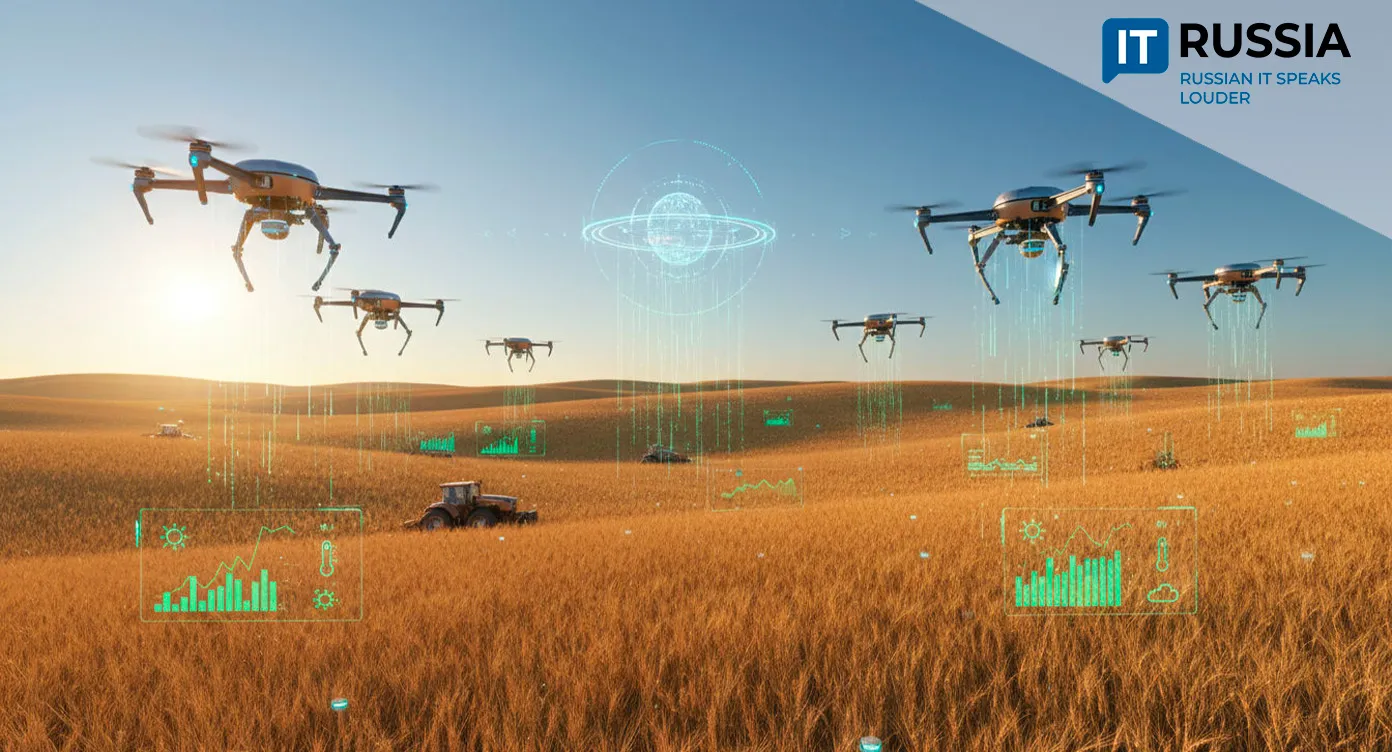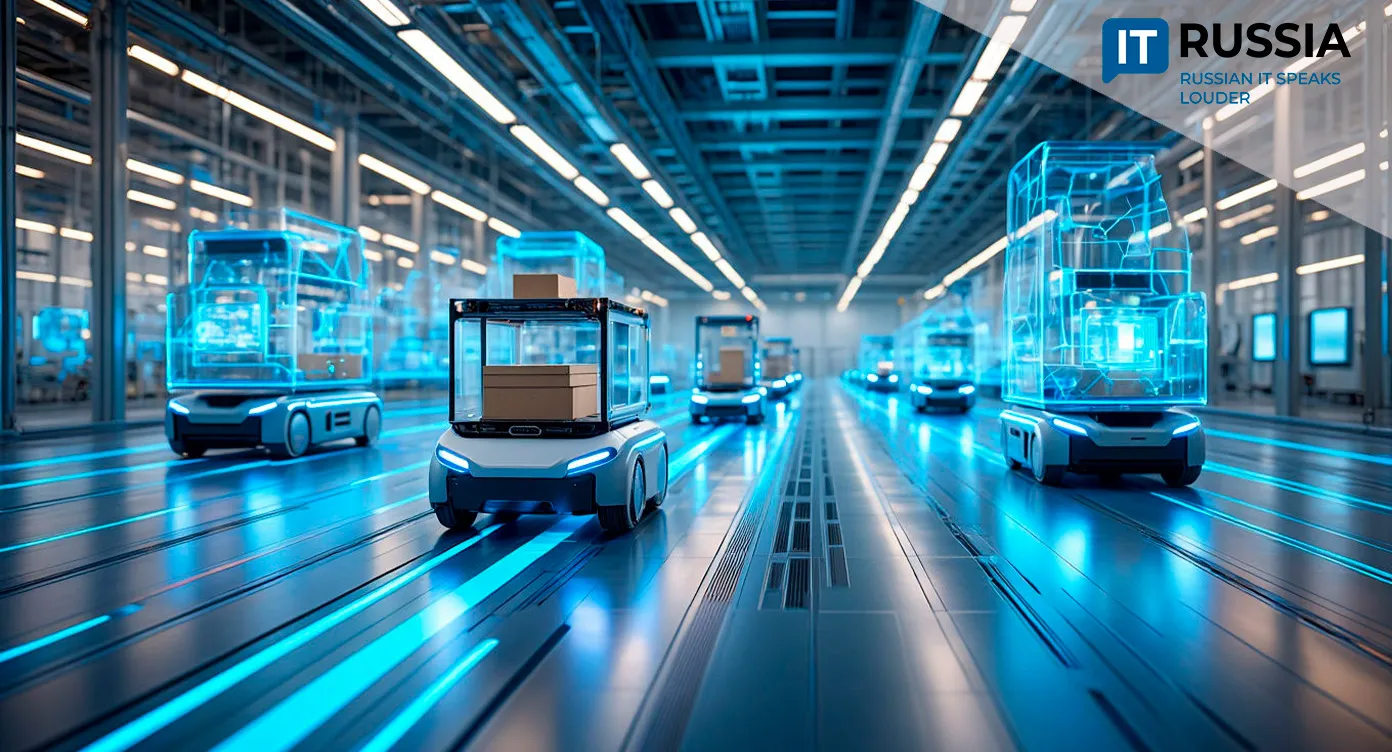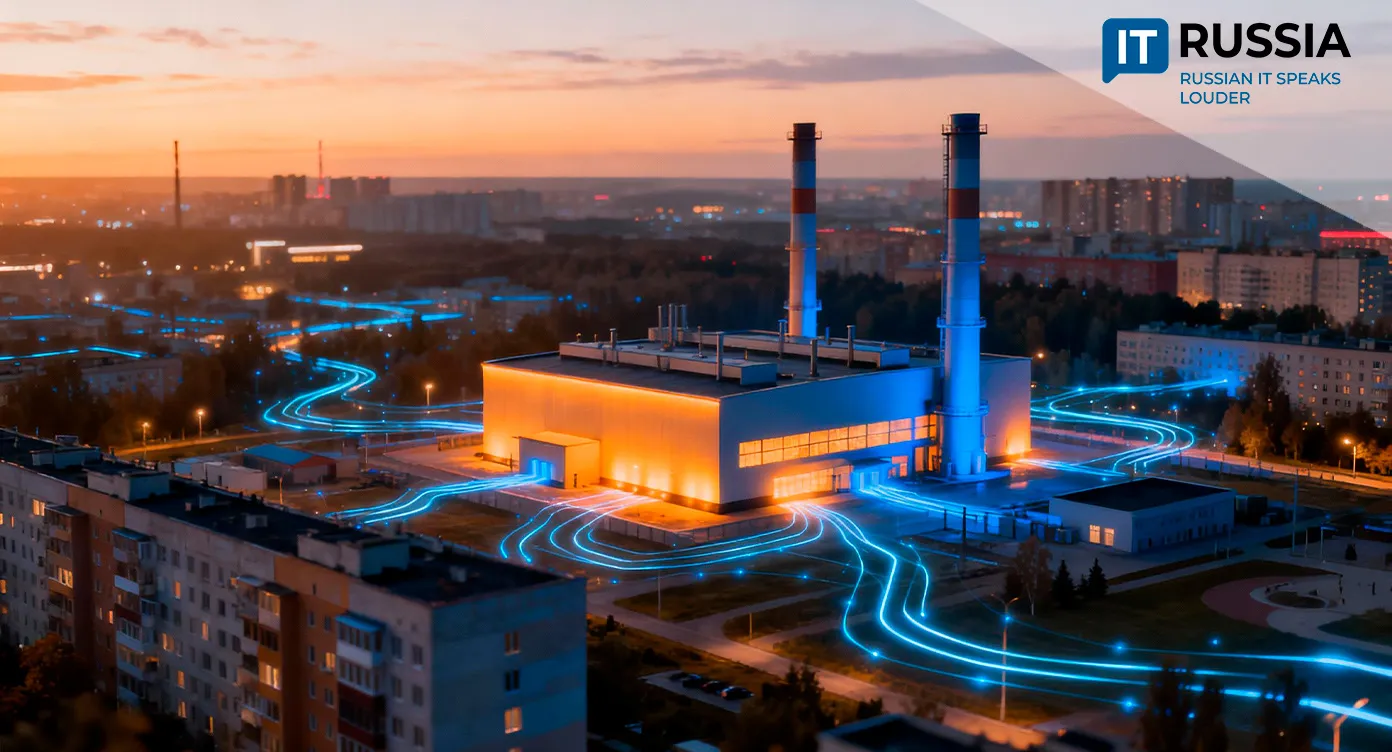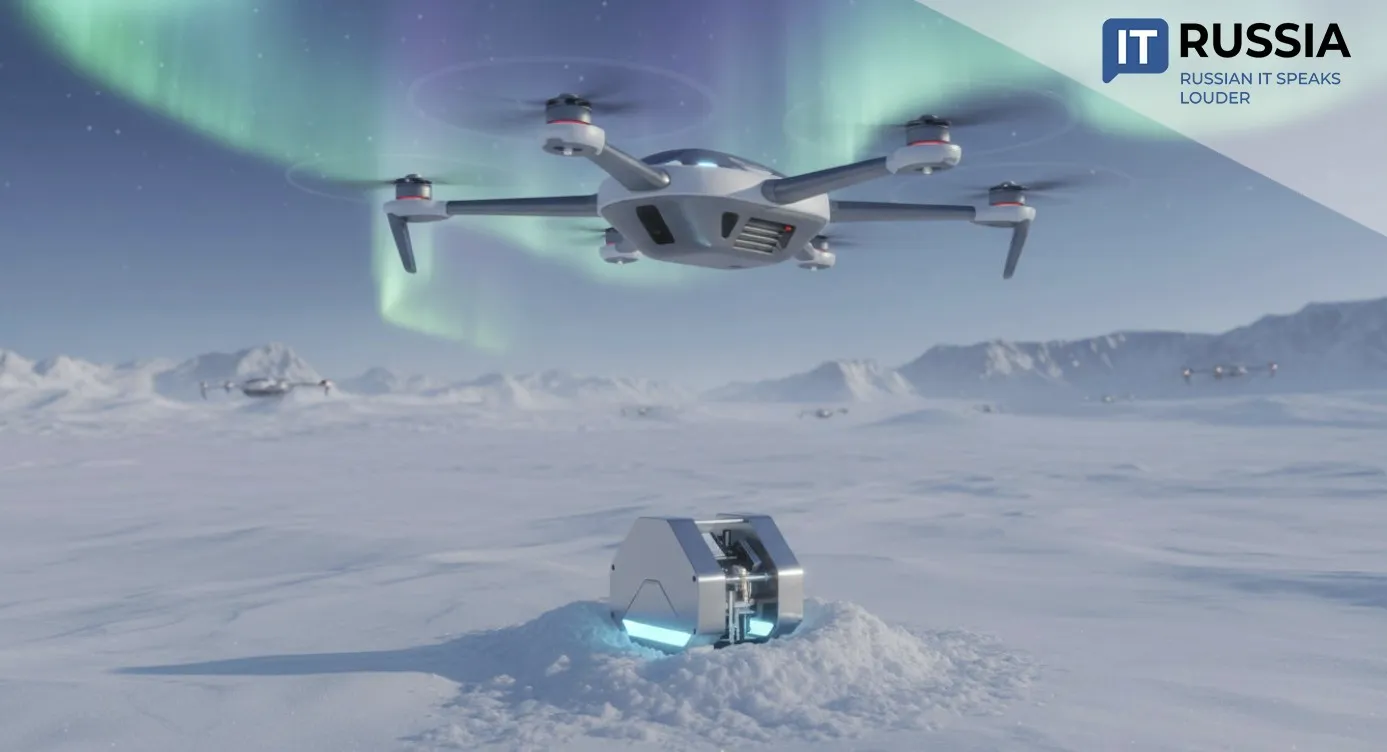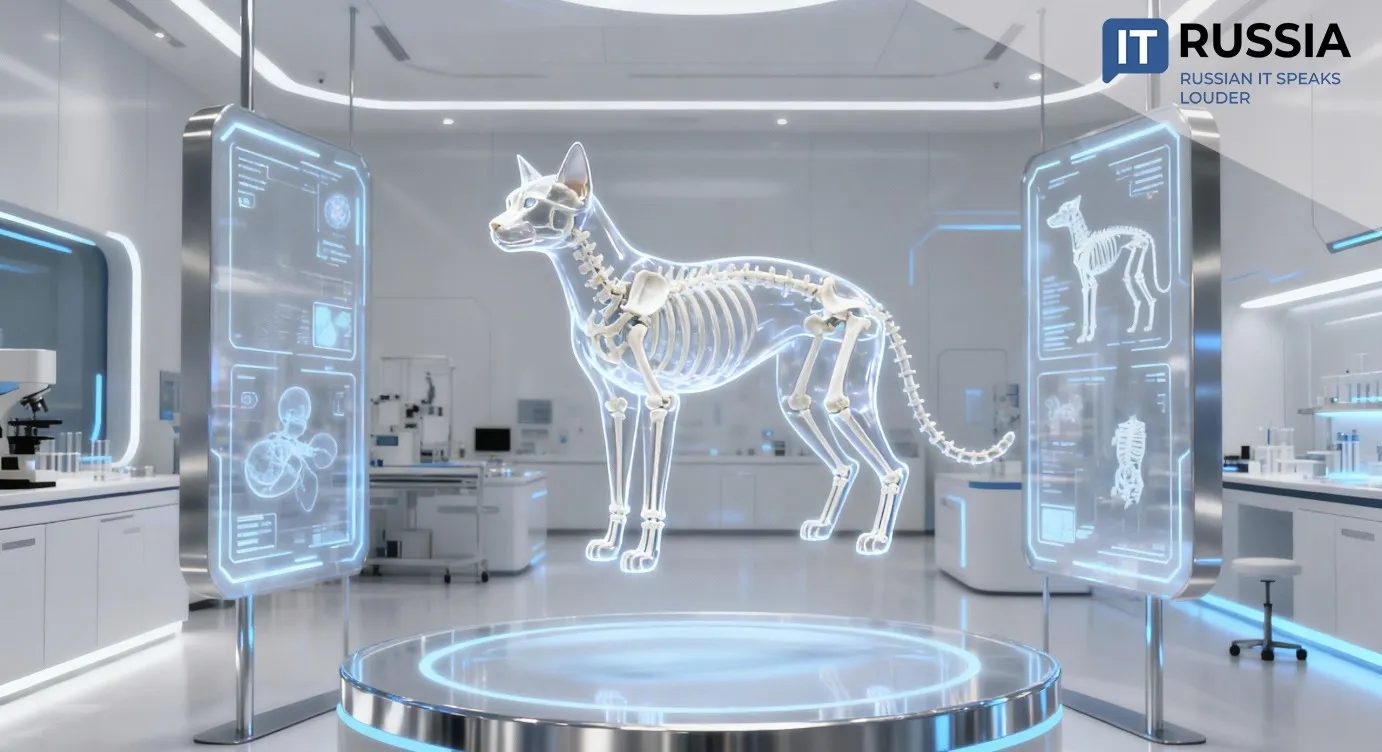AI Reshapes Last-Mile Logistics in Russia
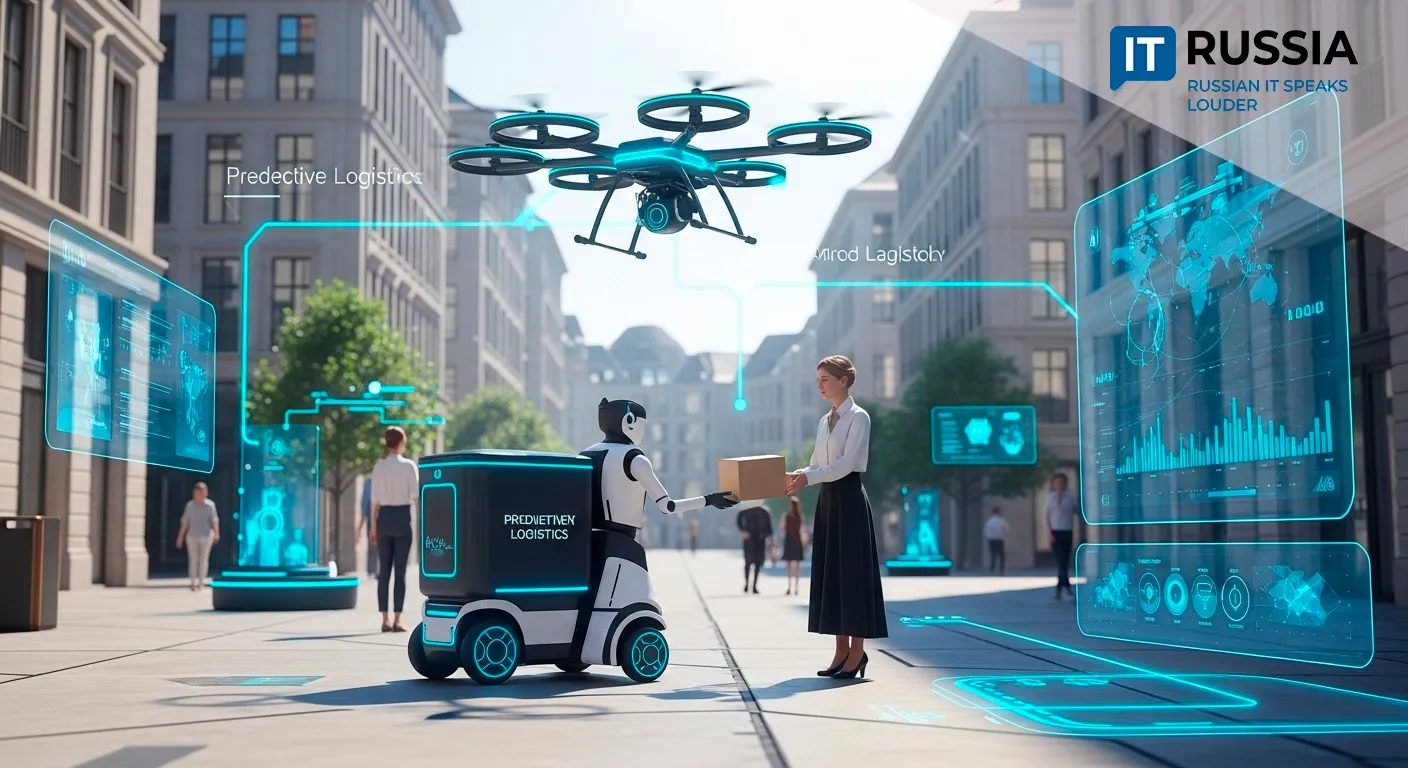
Artificial intelligence is rapidly transforming Russia’s delivery industry, with predictive routing, chatbots, and robotic couriers becoming standard tools in last-mile logistics.
Algorithmic Revolution in Last-Mile Delivery
AI is driving a quiet revolution across Russia’s last-mile logistics market. By 2025, according to research from Relog, companies have transitioned from static delivery routes to predictive algorithms that learn and adapt in real time.
Predictive routing now accounts for traffic patterns, weather forecasts, and delivery surges, helping to optimize fleet deployment and cut down idle time and CO2 emissions. Driver performance is also tracked to anticipate delays and dynamically reassign deliveries.
AI-powered chatbots have reduced call center loads by managing delivery confirmations and basic inquiries. Yandex, for instance, improved route prediction accuracy by 45% by factoring in terrain, traffic lights, road priorities, and crosswalks.
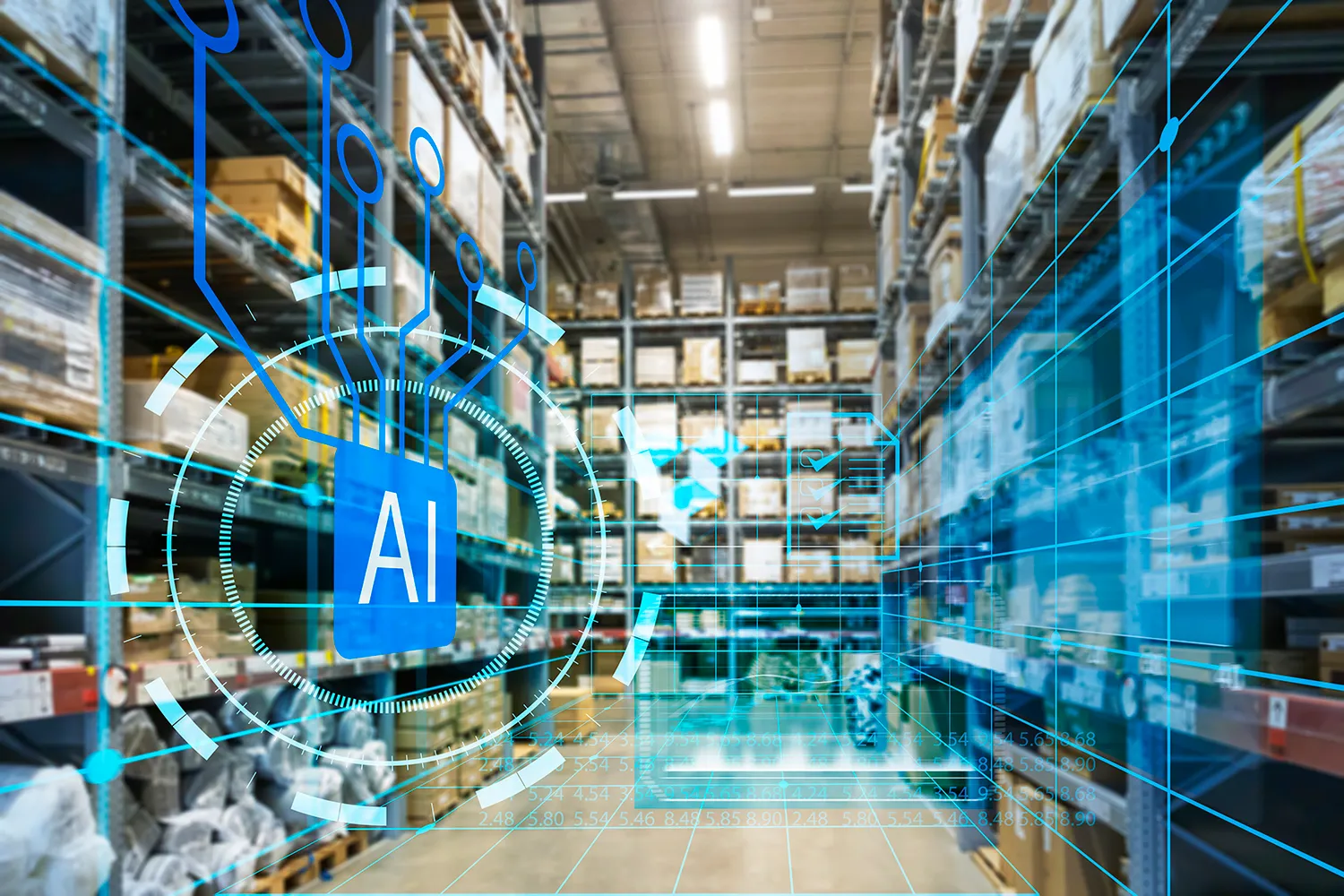
In December 2024, Yandex established 'Robodelivery LLC' to mass-produce autonomous couriers, with new models expected by the end of 2025. Experts note that the cost of robotic delivery is approaching parity with traditional courier services.
Scaling Up Smart Logistics
The outlook for domestic expansion is strong. By 2027, major logistics players are expected to adopt predictive routing as a default tool. Over the next two to three years, limited pilots with robotic couriers and chatbots will pave the way for large-scale rollout once regulatory frameworks mature.
According to RAEC, Russia’s last-mile market grew 25% in 2022, reaching 1.7 trillion rubles. Delivered orders rose from 925 million in 2021 to 1.16 billion in 2022. E-commerce leads the sector (46%), followed by e-grocery (30%) and ready-made food delivery (13%).
Key export markets for Russia’s AI solutions include Kazakhstan, Uzbekistan, Belarus, and the Gulf states, where demand is high for computer vision and ML-driven logistics software.
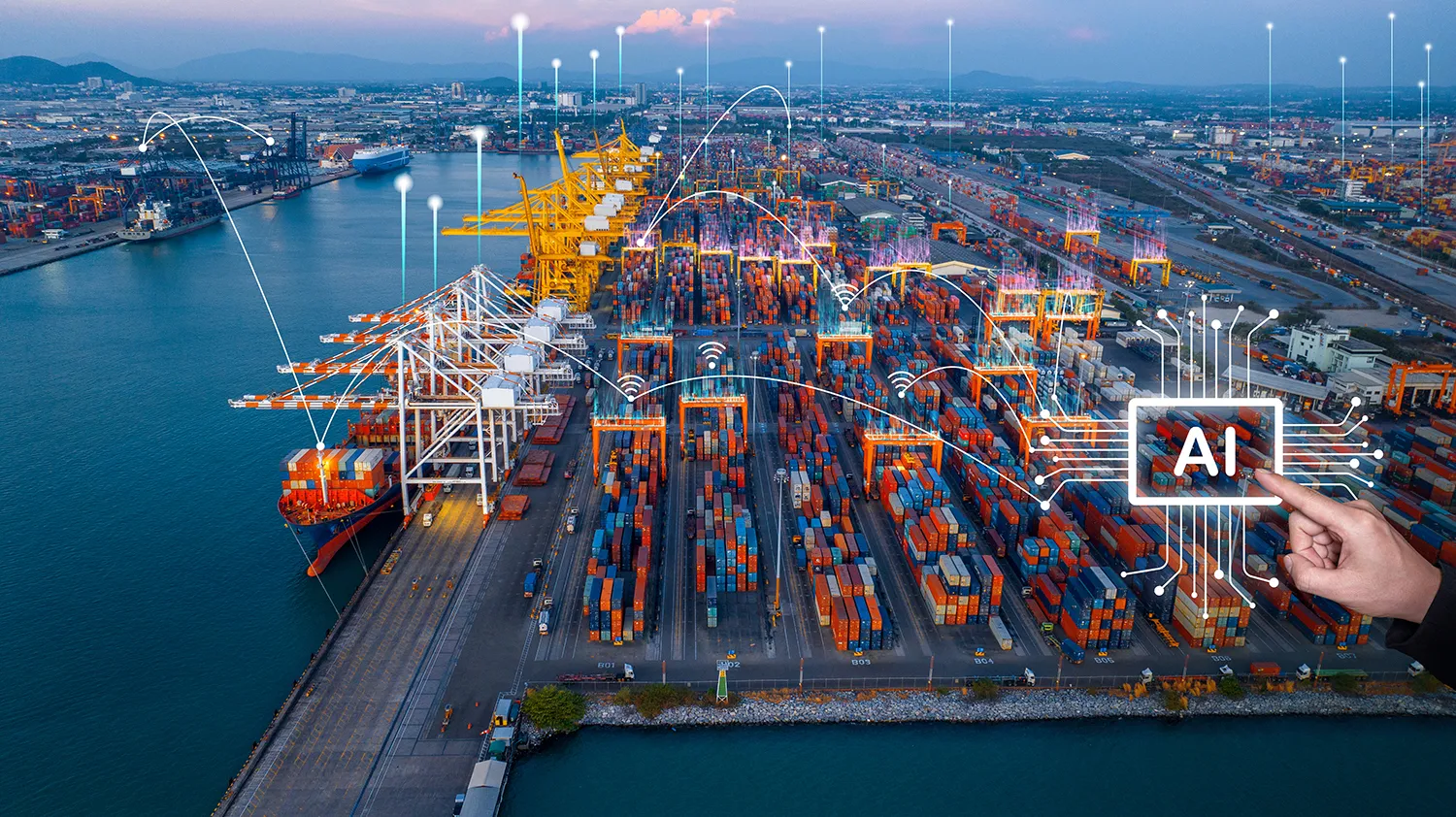
Years in the Making
In 2019, Delivery Club launched 'Alan,' Russia’s first large-scale AI tool for forecasting food delivery demand and automating courier scheduling. Using an ensemble of neural networks, decision trees, and linear models, the system factored in over 100 variables, including weather, holidays, and local events.
Alan cut schedule generation time from eight hours to just two or three, optimizing courier shifts based on preferences and workload.
Meanwhile, Russian Post partnered with Yandex in 2021 to test 36 robotic couriers in Moscow, delivering up to 15 kg within a 2 km radius. By 2023, these bots were fully operational even in harsh winter conditions thanks to improved wheels and suspension.
Global trends confirm Russia is on the right track: the AI-driven last-mile delivery market surpassed $1.44 billion globally in 2024, and is projected to reach $15.08 billion by 2037.
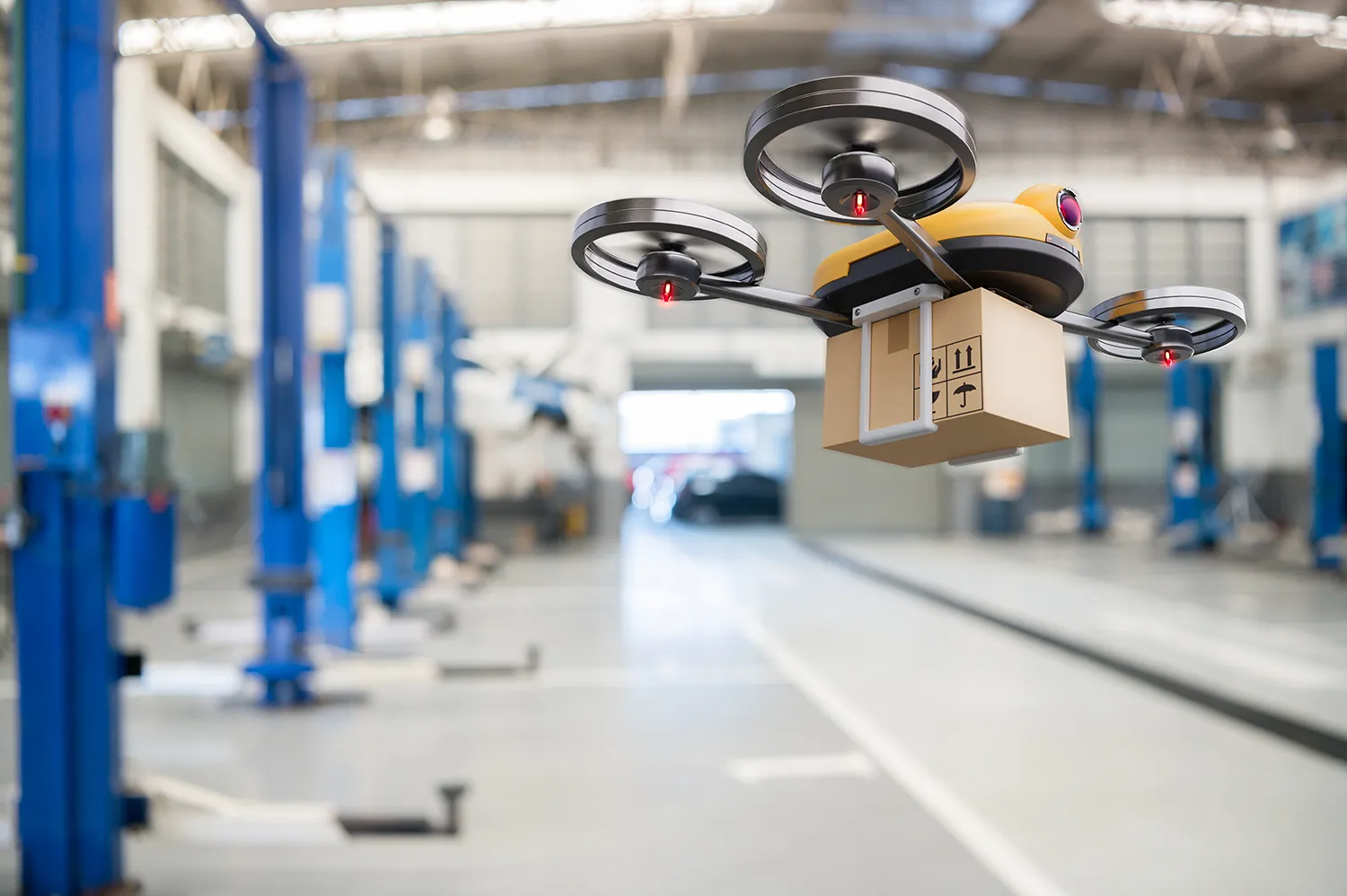
2030 Horizon: Forecasting the Future
By 2030, up to 80% of last-mile deliveries in Russia may be automated. Regulatory progress and technological maturity will drive adoption.
Predictive analytics will become the key growth driver. AI will not only plan routes, but forecast daily demand, warehouse load, and optimize shift planning based on driver fatigue and past performance. Machine learning will reduce mileage by 15–25% through real-time decision-making across dozens of parameters.
Strategic forecasts suggest that transport and logistics demand for advanced digital tech could hit 626.6 billion rubles by 2030—seven times the 2020 figure. AI and neurotechnologies will account for 35% of this growth, expanding at 40% annually.
Drones may handle 30% of last-mile deliveries in major cities by 2030, with capacities up to 50 kg and cost reductions of 40–60% per shipment. Regulatory frameworks are also expected to accelerate.
Ultimately, predictive AI routing, robot delivery, and intelligent logistics systems will define the competitiveness of Russian logistics companies for the next decade.


















